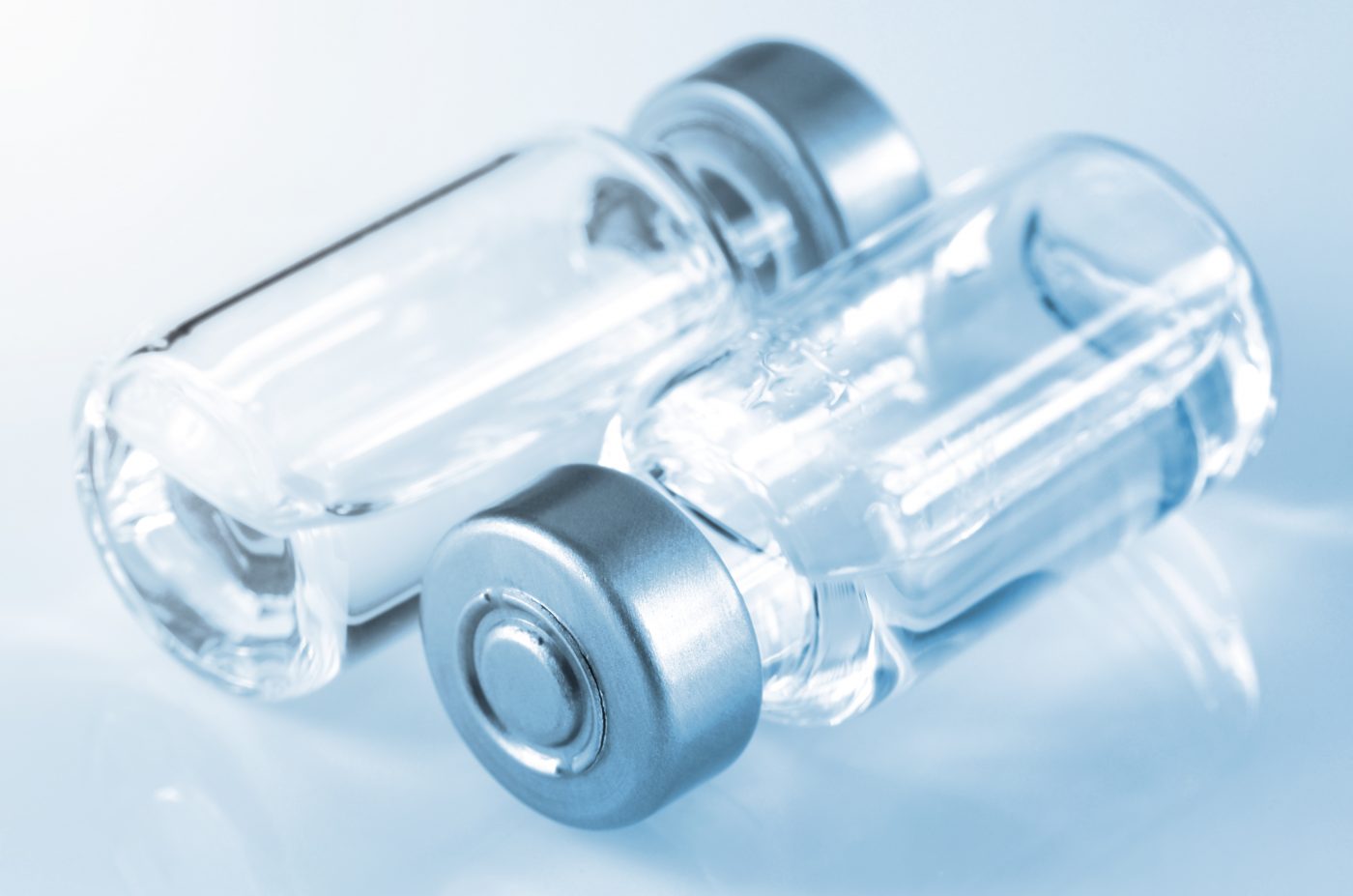Benlysta Helps Lupus Patients Improve, German Study Indicates
Written by |

Most lupus patients who added Benlysta (belimumab) to their treatment regimen improved, according to research in Germany.
Seventy-eight percent of the systemic lupus erythematosus (SLE) patients in the study showed improved health after six months of Benlysta treatment, doctors said. In addition, 42 percent of patients reported feeling better.
The SLE Disease Activity Index (SLEDAI/SELENA-SLEDAI), a common tool used in lupus assessment, recorded patient improvement in the study as well. It decreased from an average of 10.6 to 5.6. Other lupus indices also showed improvement.
The study, “First Real-World Insights into Belimumab Use and Outcomes in Routine Clinical Care of Systemic Lupus Erythematosus in Germany: Results from the OBSErve Germany Study,” was published in Rheumatology and Therapy.
Results mirrored those of previous studies in the United States and Spain.
The German researchers collected information on 102 patients at 21 sites six months before and after doctors added Benlysta to the treatment regimen.
Fifty-eight percent of the patients had been diagnosed with lupus for at least 10 years. Sixty percent reported at least four symptoms before taking Benlysta,
Primary symptoms before patients took Benlysta included arthritis, increased anti-dsDNA antibodies, low complement levels of C3 and C4, rash, lupus nephritis, and alopecia. Other conditions included fatigue, hypertension, osteoporosis and depression.
All patients received other medications before and during Benlysta therapy. The most common were oral corticosteroids, antimalarials and the immunosuppressants mycophenolate mofetil and azathioprine.
Eight-eight percent of patients began taking Benlysta because previous treatments were ineffective. Others took it because of worsening conditions or to decrease the use of corticosteroids.
Researchers reported that typical patients’ corticosteroid use decreased from 13.7 to 7.6 mg per day. Those on higher corticosteroid doses went from 17.5 to 8.6 mg per day after taking Benlysta.
“Overall, belimumab showed promising results for SLE patients in real-world settings,” the study concluded. “After 6 months of belimumab treatment, disease activity and corticosteroid use were reduced. The discontinuation rate was low and belimumab appeared to be well tolerated.”
The authors deemed the findings “particularly valuable in the context of a variable disease like SLE, where the unmet medical need still is high, the quality of life markedly reduced for the affected patients, and for which no other new therapies have been approved for decades.”




